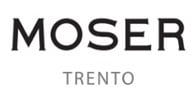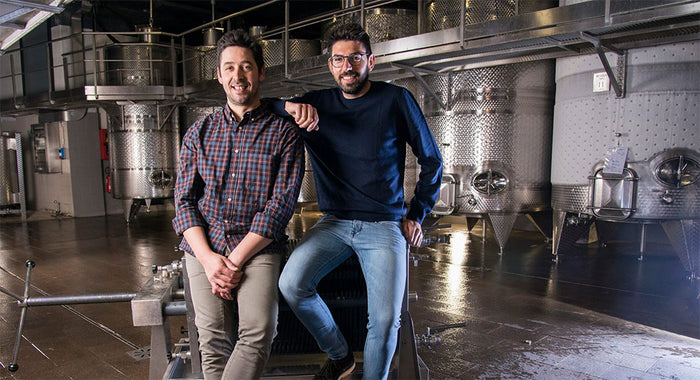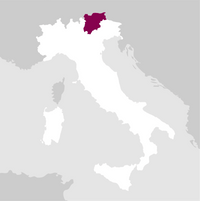Description
Trentodoc Riserva Extra Brut, from our best Chardonnay grapes.
Details

Perlage

Perfume

Color

Taste
Serve at:
06 - 08 °C.
Longevity:
10 - 15 years

Pairings
- Start up year: 1979
- Oenologist: Matteo Moser
- Bottles produced: 130.000
- Hectares: 17


| Name | Moser Trento Riserva Tracce Extra Brut 2011 |
|---|---|
| Type | White classic method sparkling wine extra brut |
| Denomination | Trento DOC |
| Vintage | 2011 |
| Size | 0,75 l |
| Alcohol content | 12.5% by volume |
| Grape varieties | 100% Chardonnay |
| Country | Italy |
| Region | Trentino Alto Adige |
| Vendor | Moser |
| Origin | Maso Warth, Cembra Valley |
| Climate | Maso Warth: altitude: 350 m. a.s.l.; Cembra Valley: altitude: 500-650 m. a.s.l. |
| Soil composition | Mostly limestone in the Maso Warth vineyards. Clay, limestone and porphyritic soil in the Cembra Valley. |
| Cultivation system | Pergola, Guyot. |
| Harvest | Selection of Chardonnay grapes, farmed and harvested by hand. |
| Wine making | Whole-bunch pressed and selection of the juice from the first pressing. Fermentation and ageing takes place in temperature-controlled stainless steel tanks until bottling for the secondary fermentation. |
| Aging | Bottle-ageing on the lees for a period of 132 months. |
| Allergens | Contains sulphites |




